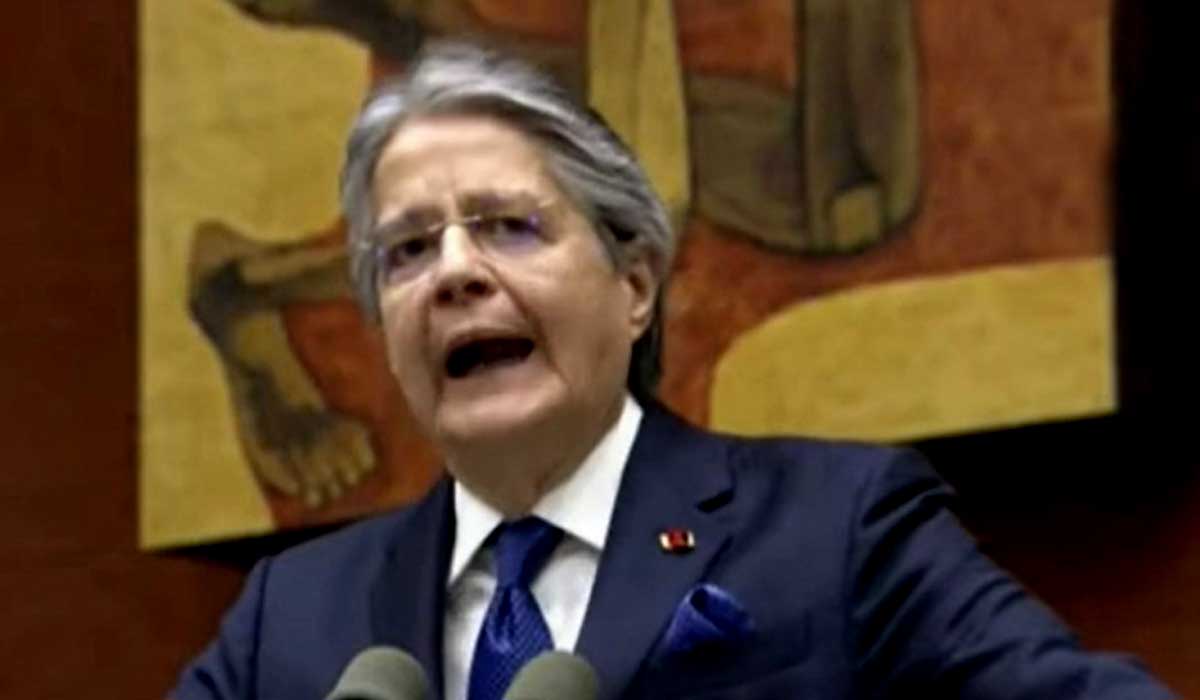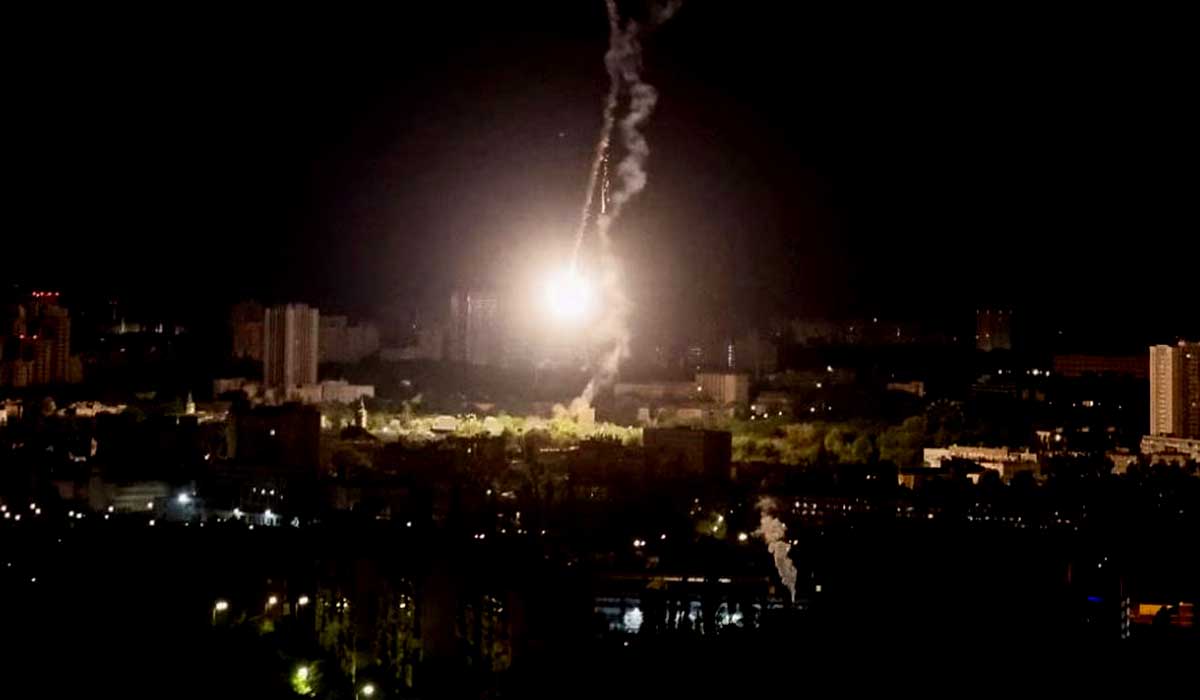
Outcry Erupts Following Quran Desecration Incident in Sweden
Sweden, known for its cultural diversity and commitment to inclusivity, is currently in the throes of a deeply unsettling episode as protests sweep across the nation in response to a disturbing Quran desecration incident. The desecration of a sacred religious text has ignited outrage among citizens, religious communities, and human rights advocates alike, shedding light on issues of respect, religious tolerance, and the challenges faced by multicultural societies.
The incident, which occurred in a Stockholm suburb, involved an individual tearing pages from a Quran and subsequently burning them. The act, captured on video and widely circulated on social media, has sparked a wave of anger and condemnation. The deeply offensive nature of the act, coupled with its deliberate provocation of religious sentiments, has united Swedes from diverse backgrounds in their collective response.
In a press conference addressing the incident, Swedish Prime Minister Emma Andersson expressed her strong condemnation of the Quran desecration. “This act goes against the principles of respect, tolerance, and unity that define our nation,” she stated. “We will not allow such actions to undermine the values that we hold dear.”
The incident has prompted widespread protests across Sweden, with demonstrators gathering in major cities to express their outrage and demand accountability. The protests, largely peaceful, have brought together people from different faiths and backgrounds, all united in their rejection of hate speech and their commitment to upholding freedom of religion.
The fallout from the incident has also prompted a renewed dialogue about the challenges of maintaining social cohesion in diverse societies. Sweden, like many European nations, has grappled with questions of integration, cultural diversity, and the balance between freedom of expression and respect for religious beliefs. The Quran desecration incident has thrust these issues into the spotlight once again, prompting soul-searching discussions about the state of tolerance and inclusivity in the country.
Religious leaders from various faiths have come forward to condemn the desecration and emphasize the importance of respecting different beliefs. Imam Ahmed Malik, representing the Muslim community, addressed a press conference alongside leaders from other religious denominations. “We stand united against any form of hatred or bigotry,” he asserted. “Our shared humanity should always transcend our differences.”
The incident has also sparked a broader conversation about the role of social media in shaping public discourse. While the platforms have been instrumental in raising awareness about the incident and mobilizing support for the protests, they have also amplified the divisive rhetoric of a minority who seek to exploit such incidents to sow discord and polarization.
In response to these challenges, Swedish authorities are evaluating their approach to combating hate speech and ensuring that individuals who incite violence or promote intolerance are held accountable. Balancing the principles of free expression with the need to prevent the spread of hate speech presents a complex challenge that requires a nuanced and well-considered strategy.
The Swedish government’s response to the incident has been multi-faceted. Prime Minister Andersson has emphasized the importance of unity and has called for an open dialogue among citizens, religious leaders, and community organizations to address the concerns that have arisen from the incident. Additionally, law enforcement agencies are investigating the incident as a potential hate crime, underscoring the government’s commitment to upholding the rule of law and safeguarding the rights of all citizens.
The Quran desecration incident has also reverberated on the international stage, prompting statements of concern from world leaders and human rights organizations. The incident serves as a reminder that issues of religious freedom, tolerance, and inclusivity transcend national borders and resonate on a global scale. It also highlights the ongoing challenges faced by nations in navigating the delicate balance between protecting fundamental rights and preventing acts of hatred and discrimination.
The incident has prompted soul-searching not only within Swedish society but also among individuals who are committed to promoting understanding and harmony in an increasingly interconnected world. It has galvanized efforts to engage in interfaith dialogue, build bridges of communication, and foster a culture of mutual respect.
As Sweden grapples with the aftermath of the Quran desecration incident, the nation stands at a crossroads, presented with an opportunity to reaffirm its commitment to inclusivity and respect for all citizens. The incident has ignited a spark of solidarity that transcends religious, ethnic, and cultural boundaries, emphasizing that the values of unity and diversity are more important than ever in shaping the future of the nation and the world at large.




